 Ever since I took on the role of Ebenezer Scrooge in our school’s 6th grade Christmas play, I’ve wondered about the term “carol.” The only other instance of the word had been a proper name, usually female.
Ever since I took on the role of Ebenezer Scrooge in our school’s 6th grade Christmas play, I’ve wondered about the term “carol.” The only other instance of the word had been a proper name, usually female.
When meant as a “song,” usage can be traced as far back by the OED to the 14th Century. For a song specifically for Christmas, the oldest recorded usage there is the 16th. By the time Dickens wrote his tale, I suppose other uses of the word had become rare. Like the novelist, however, we still employ the adjective “Christmas” before the noun, a redundancy; there are no Thanksgiving carols or Valentine’s Day carols, after all. Some of us even go “caroling,” and we do not modify the gerund at all.
As to its origins, our word of the week harkens back to the Middle English karol and the Old French carole. The latter apparently signified a round dance with singing.
Incidentally, “hark,” a verb for “listen” that we tend to only use in a particular carol, itself comes from Middle English. We trot out the language of Chaucer for special occasions, or even older words such as last year’s pick, Yule. Think about it for a moment: when have you used the word “herald,” as a noun or verb, save in reference to a newspaper’s title?
I have been reading Henry Bradley’s excellent, and once influential book The Making of English. I’ve an inexpensive Dover edition, but it can be had, for free, online. Bradley notes how enriching the influence of other languages were upon English, a process that continues today. The very act of including new terms adds nuance, Bradley insists, and “the pedantry that would bid us reject the word fittest to our purpose. . .ought to be strenuously rejected.” In that spirit, “carol” has come to possess a singular use, giving us just the right term at just the correct time. Bradley refers to this process of narrowing meanings as specialization, “whereby a word of wide meaning acquires a narrower sense.”
Something about the season of lengthening nights, then returning light, also brings out ancient words from many faiths, words perfectly suited to solemnity of long dark nights or the joy of celebrations. Some of us “deck” those halls and “trim” a tree without cutting it. I attend a Yule party every year, where we “wassail” the apple tree: drinking a toast while saying the old “Wassail! Drink hale!” from pre-Christian days.
So hearken to these antique terms this holiday. And may they be as bright as Scrooge’s, after he had some ghostly visitors. No humbug around here, please!
We will ring in the New Year with a metaphor of the month, but until then, we’re away for the holidays. Please send us words and metaphors useful in academic writing by e-mailing me (jessid -at- richmond -dot- edu) or leaving a comment below.
See all of our Metaphors of the Month here and Words of the Week here.
Image from A Christmas Carol courtesy of Project Gutenberg. Read the entire text there.




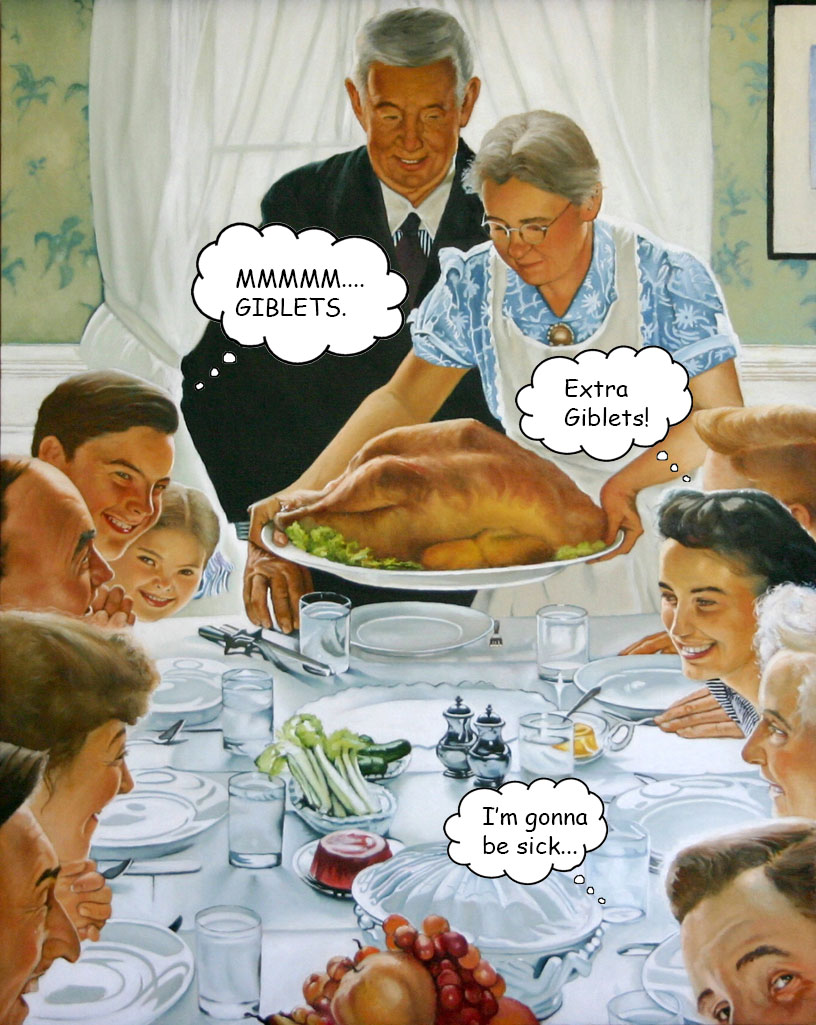
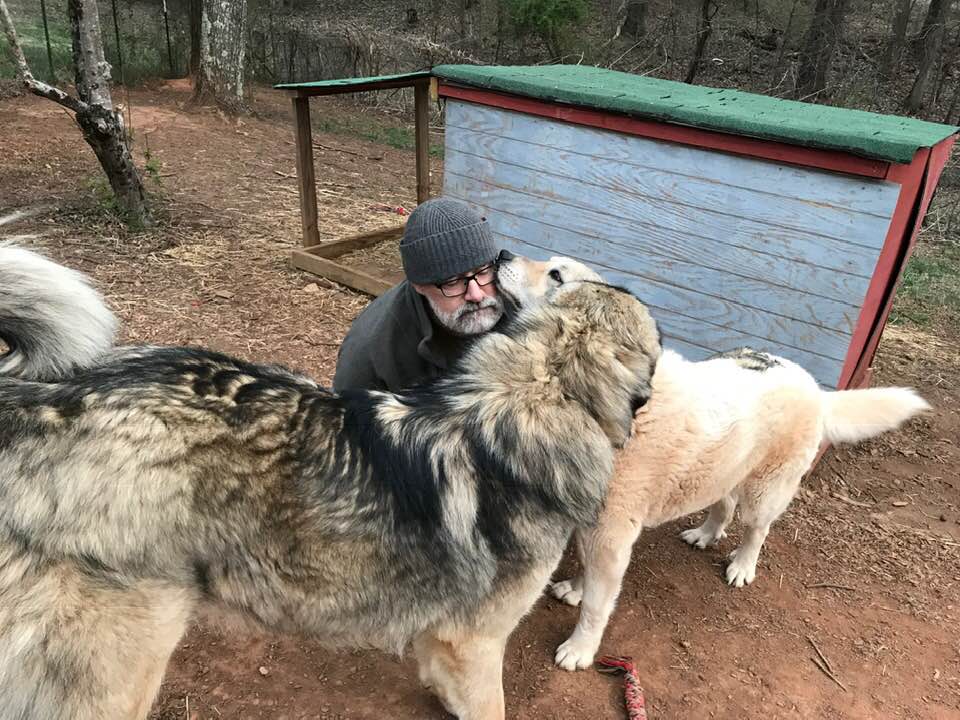
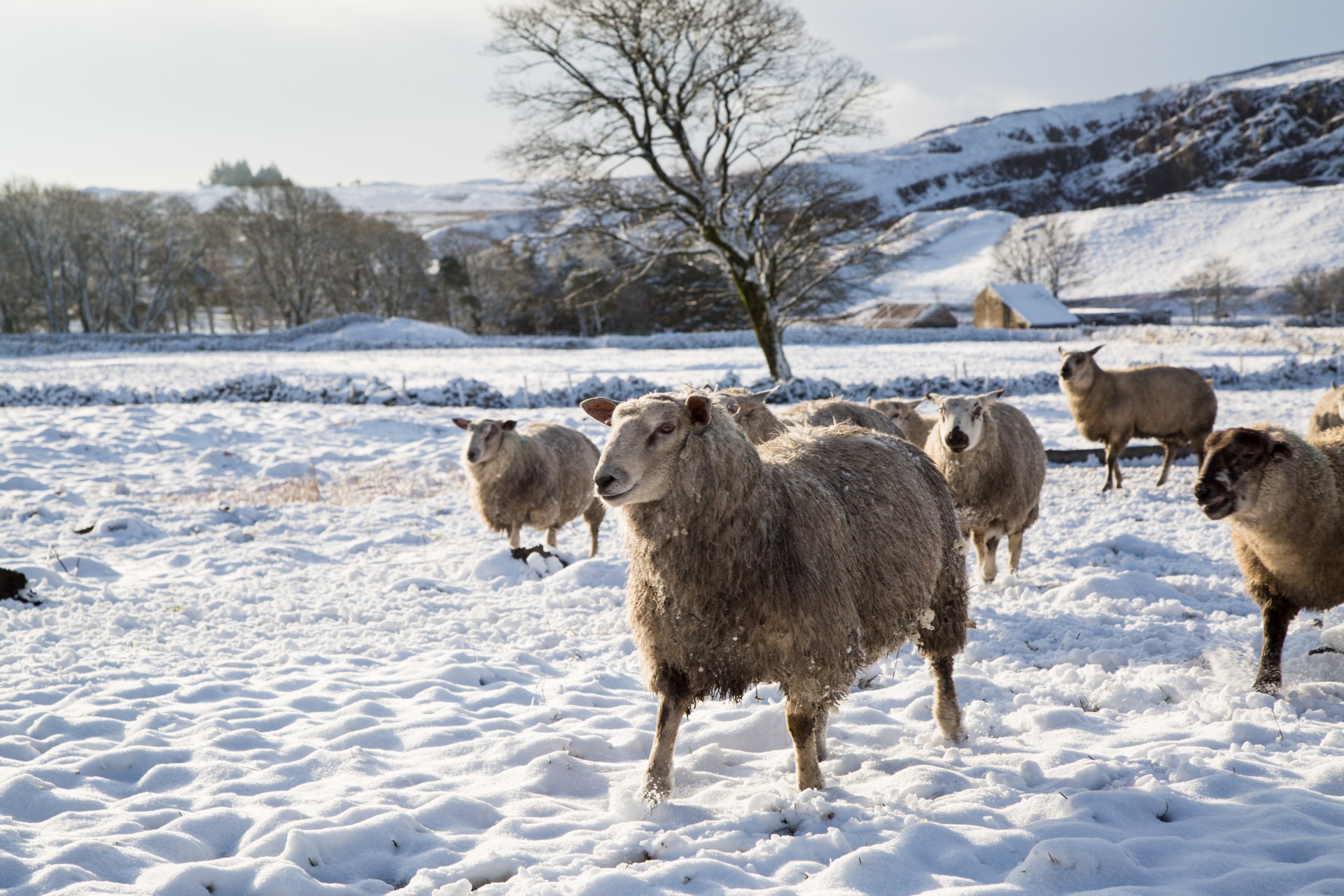


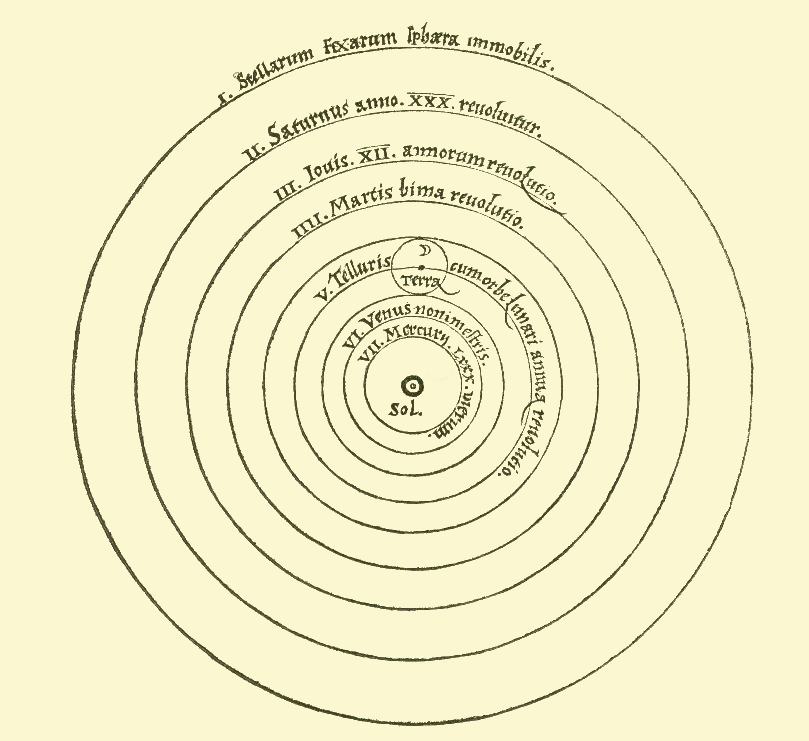

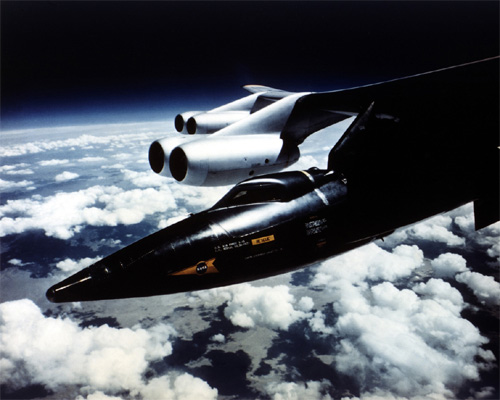 I credit a student in my first-year seminar, “The Space Race,” for this. I’d mentioned the phrase as the way many modern films begin, right “in the middle of things,” without so much as a credit-roll. This is a handy term for studying narratives, in books or films. Often we feel “dropped right in,” which can add both confusion and excitement.
I credit a student in my first-year seminar, “The Space Race,” for this. I’d mentioned the phrase as the way many modern films begin, right “in the middle of things,” without so much as a credit-roll. This is a handy term for studying narratives, in books or films. Often we feel “dropped right in,” which can add both confusion and excitement.